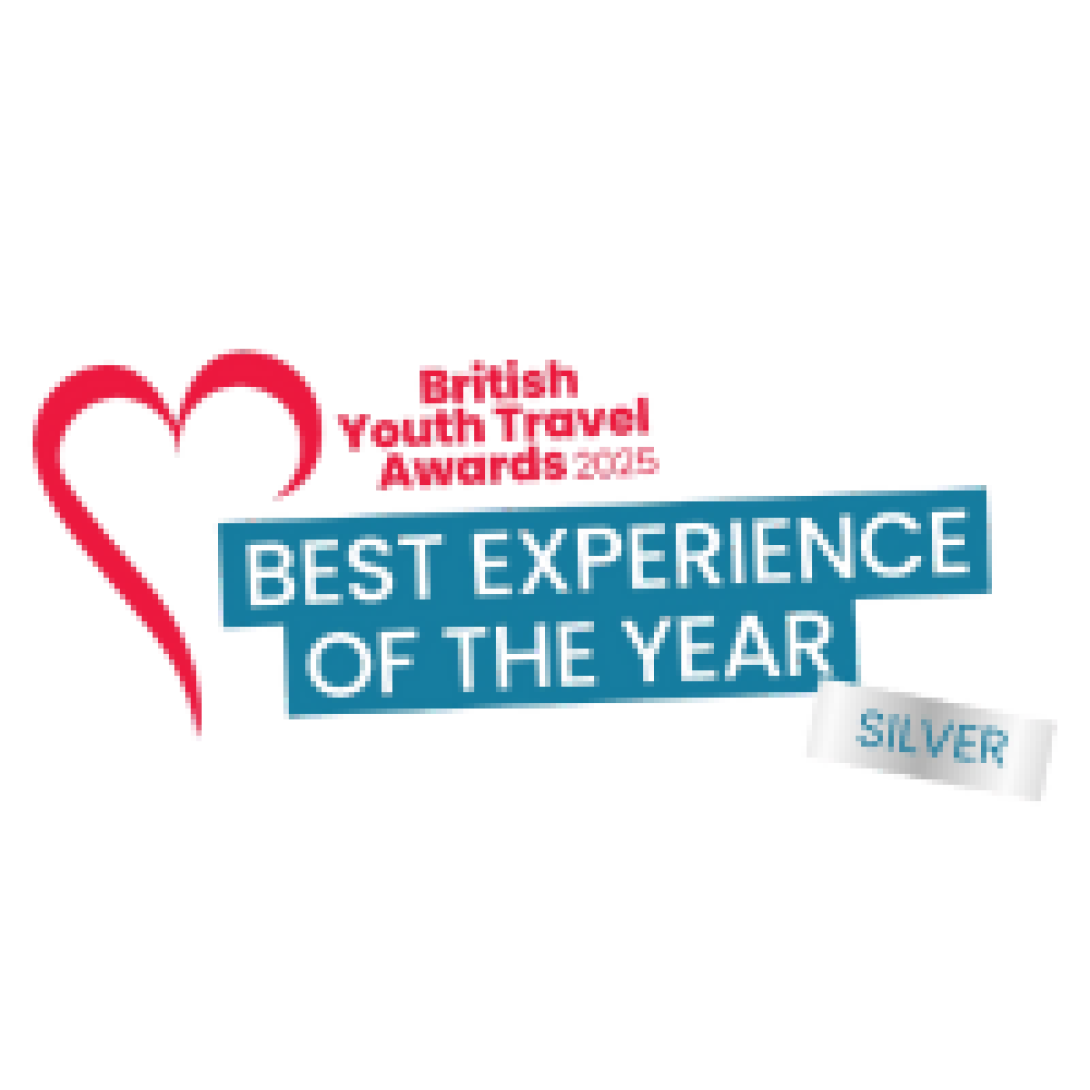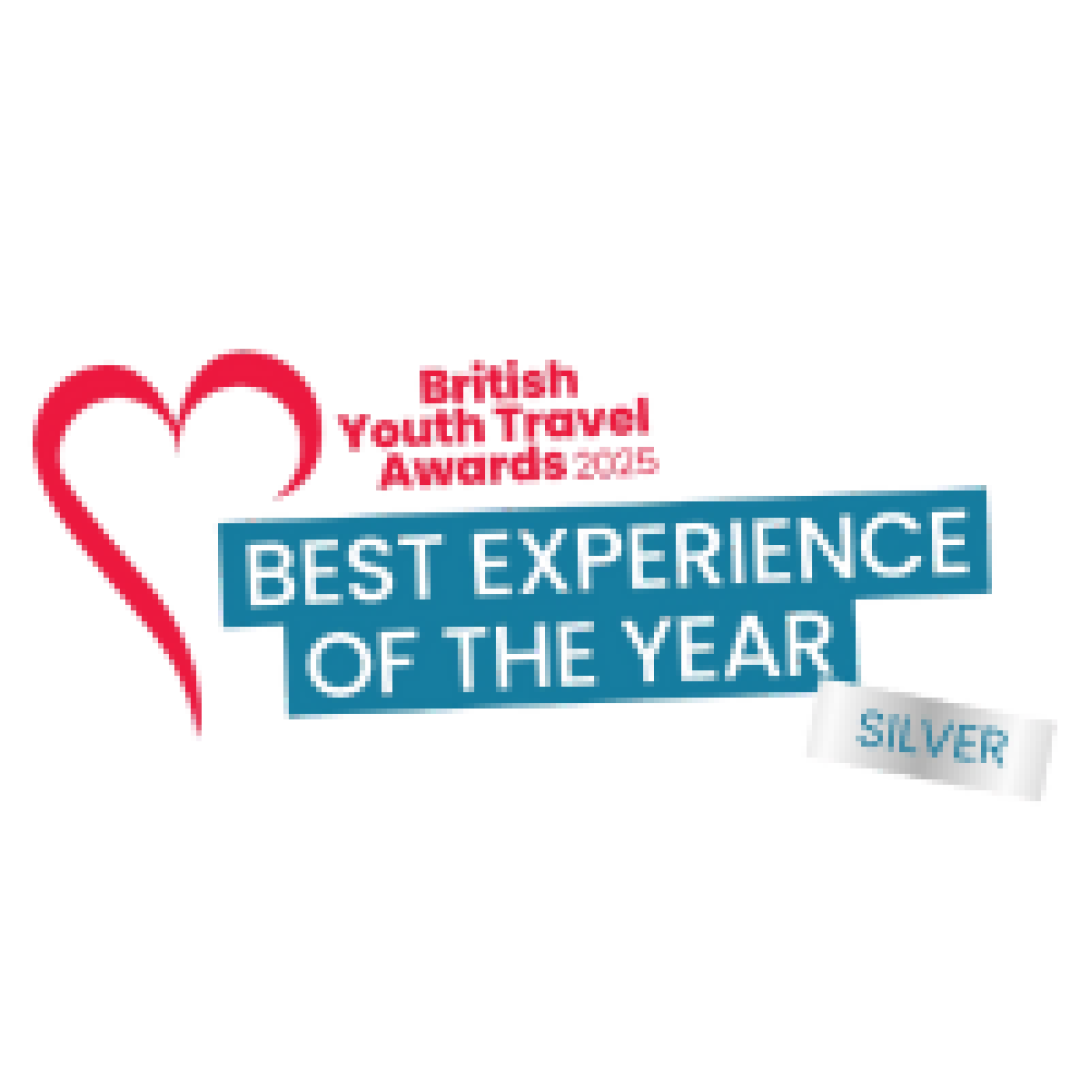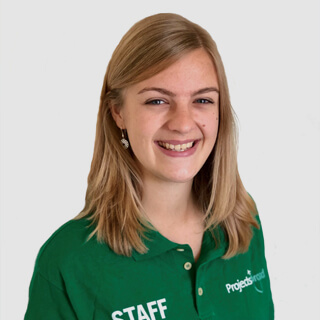I’ve always wanted to be a doctor, but hands-on experience in the US is hard to come by. So when I heard about Projects Abroad, I was ecstatic. I love travelling and experiencing new cultures, and Ghana seemed like a great place to do just that. I also liked the thought of Ghana as being a place totally separate from my life in the States, but still somewhere where people speak English, as I was worried about a language barrier.
As I arrived at the airport in New York, I grew more and more nervous at the thought of heading to a foreign country completely alone. Upon arriving at my gate, I met seven other volunteers. All of them were heading to Ghana, and two were on my project with me and became like my family during my trip. Seeing other volunteers helped still my ever-racing heart, and I boarded the plane with exciting thoughts of the month ahead of me.
After a nine-hour plane ride and a three-hour trip in the car, my newfound friends and I arrived at our host family’s home in Cape Coast. We quickly settled in and spent the following two days meeting the constant stream of new arrivals and playing cards until, at last, all nine of the four-week High School Special Medicine volunteers had arrived.
My Medicine placement
We spent our first day of work at the Cape Coast Teaching Hospital. I nervously headed alone to the obstetrics/gynaecology ward, only to find another Projects Abroad volunteer, whom I had met on my flight, chatting with the nurses. I was quickly accepted into the busy stream of work performed in the ward. I helped wherever I could, whether with taking temperatures or holding a new-born when its mother grew too tired to calm it.
My friends also quickly inserted themselves into work in their respective wards, some finding more work than others, but all of us appreciating the up-close observation we were allowed to participate in. Heading home from the hospital, all exhausted, we retired at home with our newly bought Pringles for a night of cards and conversation.
Arriving at an elementary school the next day, we were again quite nervous. But the children beamed at us as we began to speak about malaria and cholera, teaching them about prevention and treatment. We were then asked to examine the children for any scrapes or potential infections.
Whenever we were unsure or felt overwhelmed, our Projects Abroad supervisor was always there to step in and give direction. The same was true of our time at the leprosy camp, where I started out feeling completely out of my depth. However, my ever-patient supervisor, Saeed, helped me with my first patient (cleaning wounds and putting on bandages), and reassured us all that we knew more than we thought. By the second week, we were excited to arrive at the camp, having no doubts that we could do whatever needed to be done.
Above all, the place where we worked the hardest and had the best time was on our community outreaches. We would drive to a new neighbourhood and set up a small clinic. Here, we would take people’s BMI, check their vitals, and do quick blood tests, like blood typing and hepatitis B tests. Again, I was nervous at my lack of experience with performing blood tests, which involves giving a small prick on the finger of a patient. However, my friends and supervisor helped me conquer my hesitation, and the pricking station ended up being my favourite place to work.
The nine of us always looked forward to the rewardingly tiring outreach days, excited for the fast pace and how involved we got to be. On rare occasions, if we finished early enough, our supervisor would take us to the beach, where we would play tag and run in the rolling waves of the South Atlantic. We had many water fights and rarely left the beach without being covered in salt water and sand.
Living with a host family
Our accommodation was wonderful and we loved spending time lounging in the living room with our host brothers, watching Stranger Things or playing Fifa. Every few days, we would go to a shop in town and stock up on Pringles and cookies to eat while we watched movies or played cards on the roof, where we spent hours outside admiring the view of Cape Coast. I have never in my life bonded with a group of people the way I bonded with the eight other volunteers in my group, and we still all talk daily despite being spread across two continents and three countries.
Our weekend trips
Our weekend trips were also incredible. We spent the first weekend at Kosa Beach, a beautiful beach resort about an hour and a half from Cape Coast. We spent the night on the beach in our newly made Ghanaian outfits, which were made using fabric we bought in town. My group ended up ordering countless pants, dresses, skirts, and shirts after many trips to fabric stores in the marketplace.
During the second weekend, we went to Kakum Rainforest, where we walked across bridges which were 40 meters above the canopy floor. It was astoundingly beautiful (but for those who are scared of heights, never fear, the canopy walk was optional). We spent our last weekend learning west African dancing and drumming, and visiting Hans Cottage animal conservatory.
My overall experience
Overall, my time in Ghana was the best month of my life and I made friends I hope to never lose. The experience I gained in the medical field was invaluable and it solidified my desire to go into a medical profession. I hope to return to Cape Coast next summer to visit the many friends I made there, and I also hope to continue volunteering with Projects Abroad. I encourage anyone interested to consider going to Ghana. Who knows? It could quite possibly change your life.

Frivillige er alle forskellige og har derfor forskellige oplevelser. Dette er en personlig beretning, og din egen oplevelse på projektet kan være helt anderledes. Vores projekter udvikler sig løbende med tiden. Vind og vejr kan også have en indflydelse på dit arbejde på projektet. Vi anbefaler derfor, at du bruger disse beretninger som inspiration og forholder dig til selve projektbeskrivelsen eller kontakter vores rådgivere.
Are you interested in joining this project?
If so, one of our experts can help.
Contact Us on:
Vores akkrediteringer


















